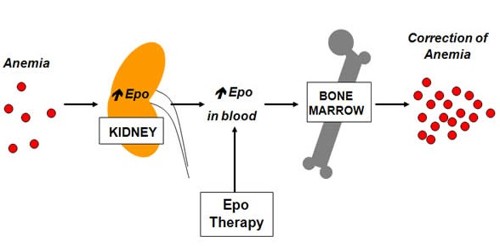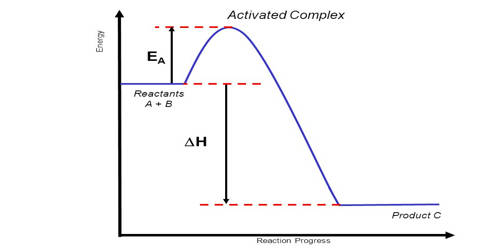Human performance toxicology is a division of forensic toxicology dealing with substances that are typically taken to improve athletic performance. It is the study of human response to environmental conditions and stimuli under the influence of drugs. This toxicology deals with the effects of alcohol and drugs on human performance and behavior, and the medico‐legal consequences of drug and alcohol use. Forensic toxicologists are required to decipher the extent and time of impairment caused by ingested drugs or alcohol.
Human performance toxicology deals with the effects of alcohol and drugs on human performance and behavior, and the medico‐legal consequences of drug and alcohol use.
Many factors may affect an individual’s ability to perform routine tasks such as operating machinery or driving a car, but psychoactive drugs, including alcohol (ethanol), are frequently implicated. This may include investigations of impaired driving, vehicular assault and homicide, drug-facilitated crimes including sexual assault, and aircraft, motor vehicle, and maritime collision investigations. Inability to perform may affect the safety of other persons and have economic and legal implications. Many factors may affect an individual’s ability to perform routine tasks such as operating machinery or driving a car, but psychoactive drugs, including alcohol (ethanol), are frequently implicated. Blood and urine are the most frequently analyzed specimens, providing a strong basis for interpreting the effects of exposure, using modern analytical techniques.
This is also referred to as doping. This type of toxicology differs from other types of toxicology in that many of the substances are not illegal but rather banned by national and international sports governing agencies. Drug and alcohol use is implicated in a variety of criminal investigations, ranging from homicides, sexual assault, and impaired driving, resulting in serious medico-legal repercussions.
The evaluation of human performance, often termed psychomotor performance, is a daily occurrence for most people. Whether the ability to perform routine yet complex psychomotor tasks is determined on the highway or in the workplace, such monitoring occurs frequently. It can be referred to as behavioral toxicology.
















